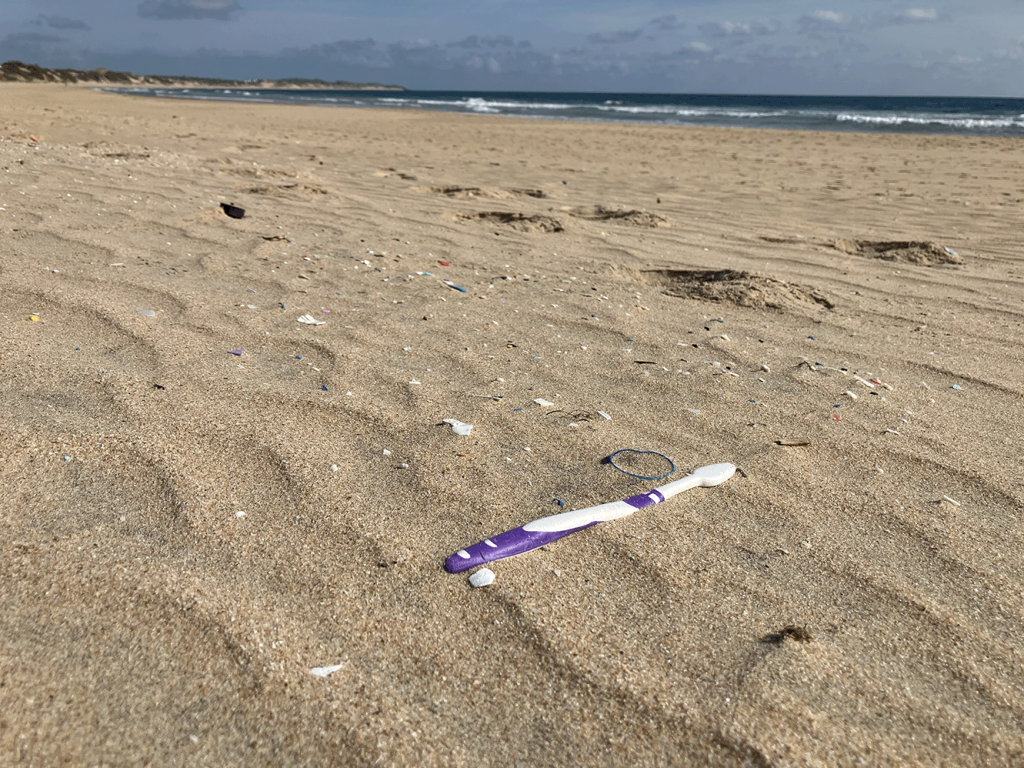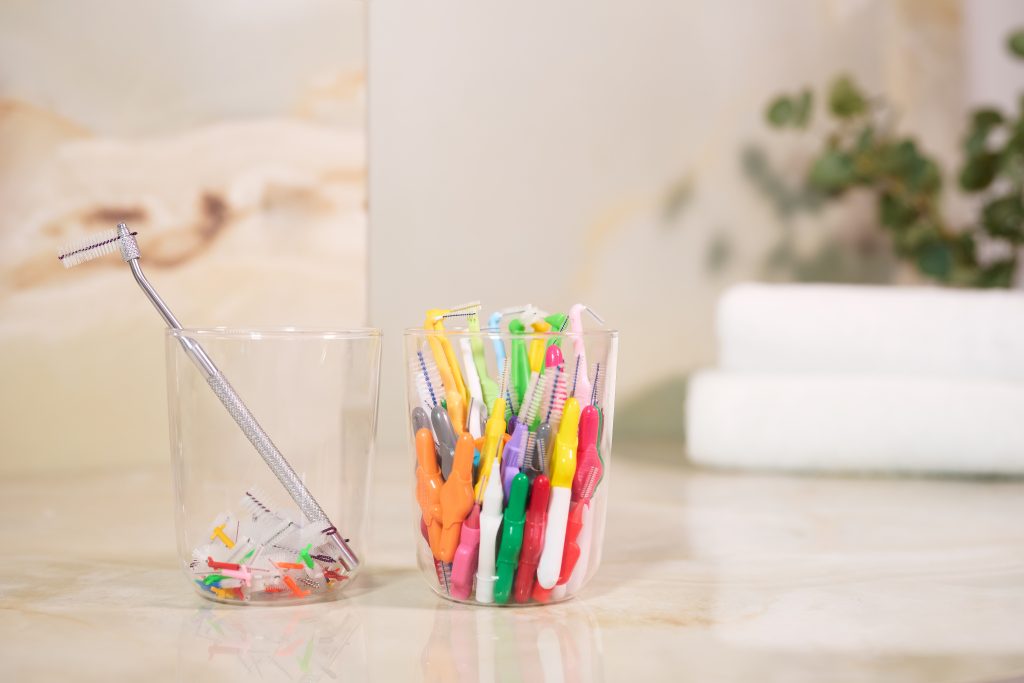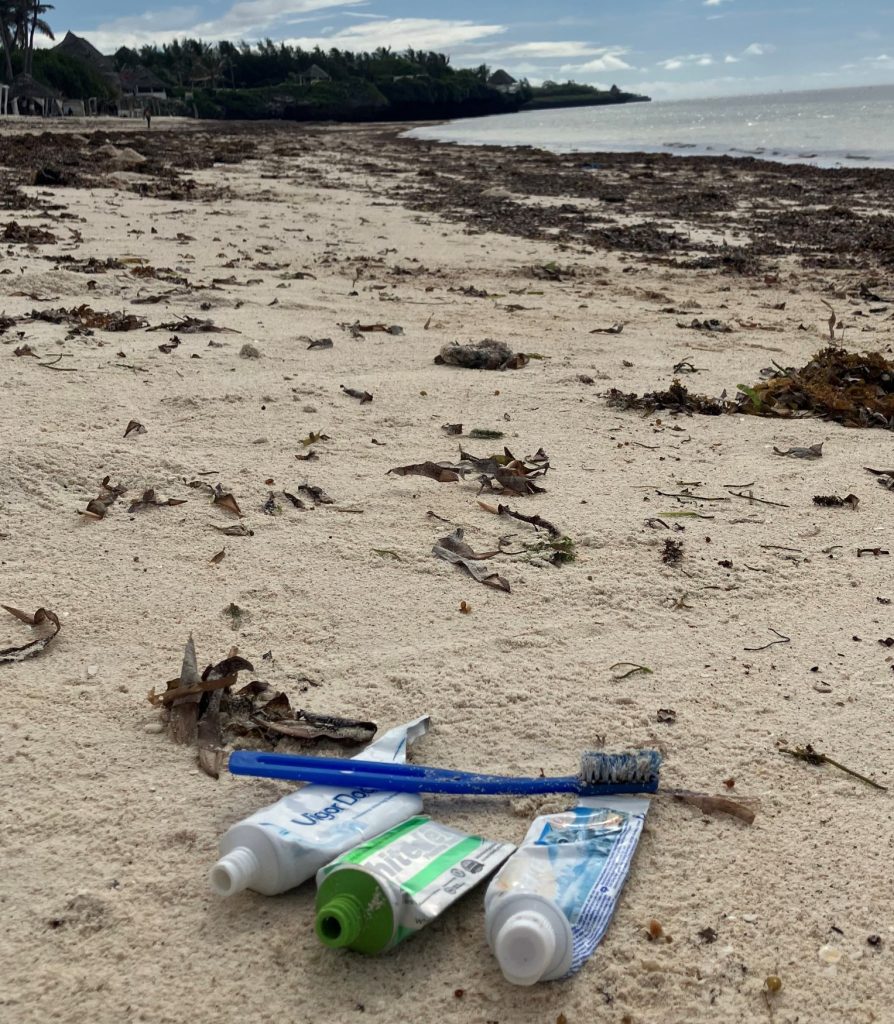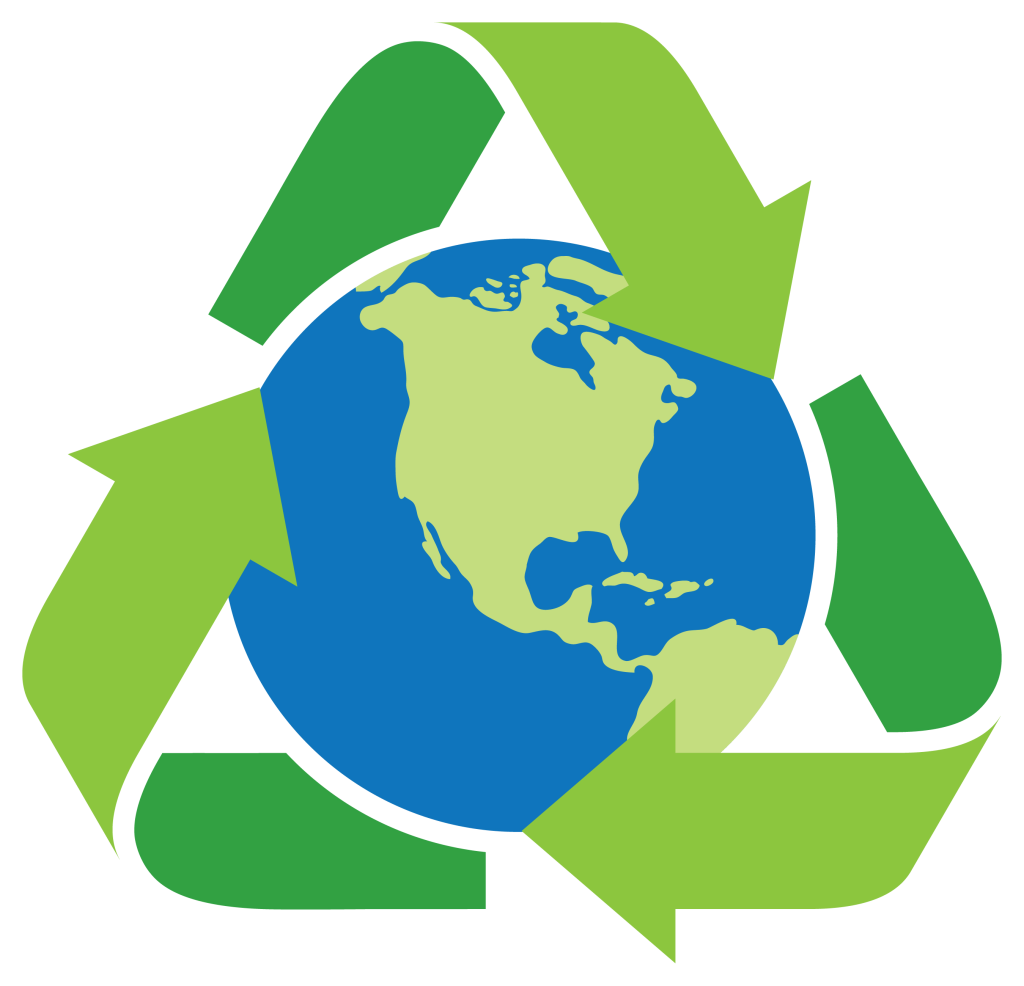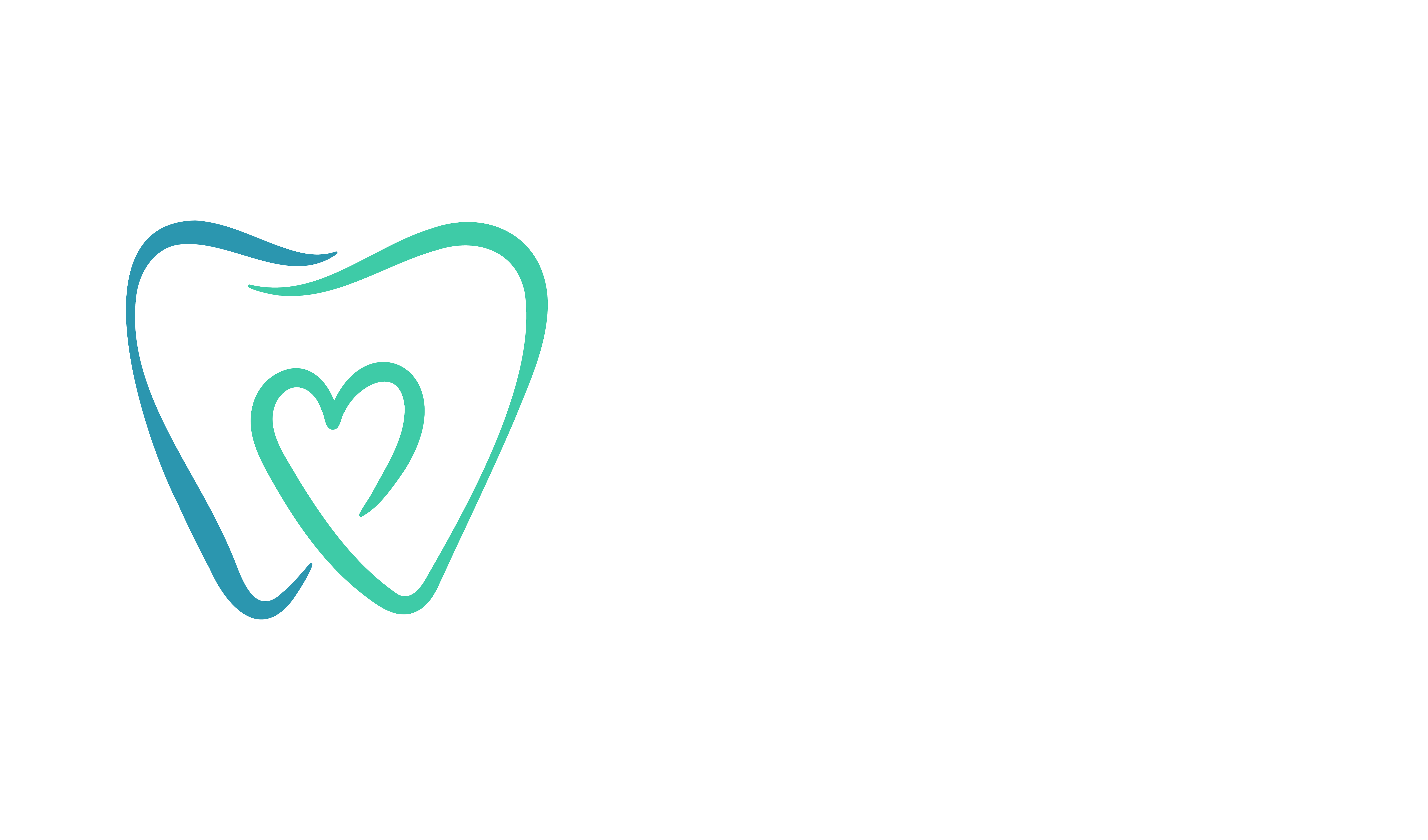Last updated: 22 April 2025
1 BACKGROUND
1.1 This notice (Privacy Notice) tells you how we look after your personal data when you visit our website at www.theteethkeeper.co.uk (Website), where you are a prospective customer of our business, or where you are another type of business contact, such as a supplier or service provider to our business.
1.2 This notice sets out what information we collect about you, what we use it for and whom we share it with. It also explains your rights under data protection laws and what to do if you have any concerns
about your personal data.
1.3 We may sometimes need to update this Privacy Notice to comply with new business practices or legal requirements. You should check this Privacy Notice regularly to see whether any changes have
occurred.
2 WHO WE ARE AND OTHER IMPORTANT INFORMATION
2.1 We are THE TEETHKEEPER LTD, registered in England and Wales with company number 14922815 with our registered address at 7-9 The Avenue, Eastbourne, BN21 3YA (we, us or our).
2.2 For all visitors to our Website we are the controller of your information (which means we decide what information we collect and how it is used).
3 CONTACT DETAILS
3.1 If you have any questions about this Privacy Notice or the way that we use information, please get
in touch using the following details:
Email address: info@theteethkeeper.co.uk-
Postal address: 7-9 The Avenue, Eastbourne BN21 3YA-
4 THE INFORMATION WE COLLECT ABOUT YOU
4.1 Personal data means any information which does (or could be used to) identify a living person.
We have grouped together the types of personal data that we collect, and where we receive it from,
below.
4.2 Type of personal data:
-
- Identity Data: your first and last name or title.
-
- Contact Data: your email address, telephone numbers, home address.
-
- Technical Data: internet protocol (IP) address, browser type and version, time zone setting and generic location, browser plug-in types and versions, operating system and platform on the devices you use to access our systems.
-
- Usage Data: information about how you use our systems.
-
- Location Data: your device location if you log into our systems remotely.
-
- Feedback: information and responses you provide when completing surveys and questionnaires.
-
- Photo and Image Data: profile picture, images, videos and audio.
-
- Marketing and Communication Data: includes your preferences in receiving marketing from us and our third parties and your communication preferences.
-
- Special Category Data: information about your racial or ethnic origin, political opinions, religious or philosophical beliefs, sex life or sexual orientation, which you may choose to provide to us.
5 HOW WE USE YOUR INFORMATION
5.1 We are required to identify a legal justification (also known as a lawful basis) for collecting and using your personal data. There are six legal justifications which organisations can rely on. The most relevant of these to us are where we use your personal data to:
-
- do something for which you have given your consent.
5.2 Below is set out the lawful basis we rely on when we use your personal data. If we intend to use your personal data for a new reason that is not listed below, we will update our Privacy Notice.
5.2.1 Consent
-
- Where you have provided your consent to providing us with information or allowing us to use or share your information.
-
- Where you have consented to receive marketing material from us.
5.3 Where we need to collect your personal data (for example, in order to fulfil a contract we have with you), failure to provide us with your personal data may mean that we are not able to provide you with the services. Where we do not have the information required about you to fulfil an order, we may have to cancel the service ordered.
5.4 We will not collect Special Category data
5.5 We will not collect Special Category data
6 WHO WE SHARE YOUR INFORMATION WITH
6.1 We share (or may share) your personal data with:
-
- Our personnel: our employees (or other types of workers) who have contracts containing confidentiality and data protection obligations.
-
- Any actual or potential buyer of our business.
6.2 If we were asked to provide personal data in response to a court order or legal request (e.g. from the police), we would seek legal advice before disclosing any information and carefully consider the impact on your rights when providing a response.
7 WHERE YOUR INFORMATION IS LOCATED OR TRANSFERRED TO
7.1 We store your personal data on our servers in the UK.
7.2 We will only transfer information outside of the UK or EEA where we have a valid legal mechanism in place (to make sure that your personal data is guaranteed a level of protection, regardless of where in the world it is located, e.g. by using contracts approved by the ICO or the UK Secretary of State).
7.3 If you access our Website whilst abroad then your personal data may be stored on servers located in the same country as you or your organisation.
8 HOW WE KEEP YOUR INFORMATION SAFE
8.1 We have implemented security measures to prevent your personal data from being accidentally or illegally lost, used or accessed by those who do not have permission. These measures include:
-
- internal IT and network security;
-
- regular testing and review of our security measures.
8.2 If there is an incident which has affected your personal data and we are the controller, we will notify the regulator and keep you informed (where required under data protection law). Where we act as the processor for the affected personal data, we notify the controller and support them with investigating and responding to the incident.
8.3 If you notice any unusual activity on the Website, please contact us info@theteethkeeper.co.uk.
9 HOW LONG WE KEEP YOUR INFORMATION
9.1 Where we act as the controller, we will only retain your personal data for as long as necessary to fulfil the purposes we collected it for.
9.2 To decide how long to keep personal data (also known as its retention period), we consider the volume, nature, and sensitivity of the personal data, the potential risk of harm to you if an incident were to happen, whether we require the personal data to achieve the purposes we have identified or whether we can achieve those purposes through other means (e.g. by using aggregated data instead), and any applicable legal requirements (e.g. minimum accounting records for HM Revenue & Customs).
9.3 We may keep Identity Data, Contact Data and certain other data (specifically, any exchanges between us by email or any other means) for up to seven years after the end of our contractual relationship with you.
9.4 If you browse our Website, we keep personal data collected through our analytics tools for only as long as necessary to fulfil the purposes we collected it for.
9.5 If you have asked for information from us or you have subscribed to our mailing list, we keep your details until you ask us to stop contacting you.
10 YOUR LEGAL RIGHTS
10.1 You have specific legal rights in relation to your personal data.
10.2 We can decide not to take any action in relation to a request where we have been unable to confirm your identity (this is one of our security processes to make sure we keep information safe) or if we feel the request is unfounded or excessive. Usually there is no cost for exercising your data protection rights, but we may charge a fee where we decide to proceed with a request that we believe is unfounded or excessive. If this happens we will always inform you in writing.
10.3 We will respond to your legal rights request without undue delay, but within one month of us receiving your request or confirming your identity (whichever is later). We may extend this deadline by two months if your request is complex or we have received multiple requests at once. If we need to extend the deadline, we will let you know and explain why we need the extension.
10.4 We do not respond directly to requests which relate to personal data for which we act as the processor. In this situation, we forward your request to the relevant controller and await their instruction before we take any action.
10.5 If you wish to make any of the right requests listed below, you can reach us at info@theteethkeeper.co.uk.
10.6 Your rights include:
-
- Access: You must be told if your personal data is being used and you can ask for a copy of your personal data as well as information about how we are using it to make sure we are abiding by the law.
-
- Correction: You can ask us to correct your personal data if it is inaccurate or incomplete. We might need to verify the new information before we make any changes.
-
- Deletion: You can ask us to delete or remove your personal data if there is no good reason for us to continue holding it or if you have asked us to stop using it (see below). If we think there is a good reason to keep the information you have asked us to delete (e.g. to comply with regulatory requirements), we will let you know and explain our decision.
-
- Restriction: You can ask us to restrict how we use your personal data and temporarily limit the way we use it.
-
- Objection: You can object to us using your personal data if you want us to stop using it. If we think there is a good reason for us to keep using the information, we will let you know and explain our decision.
-
- Portability: You can ask us to send you or another organisation an electronic copy of your personal data.
-
- Complaints: If you are unhappy with the way we collect and use your personal data, you can complain to the ICO or another relevant supervisory body, but we hope that we can respond to your concerns before it reaches that stage. Please contact us at info@theteethkeeper.co.uk.
COOKIE NOTICE
1 INTRODUCTION
1.1 Our Website (www.theteethkeeper.co.uk) uses cookies and similar technologies. This helps us to
provide you with a good experience when you browse our Website and also allows us to improve our
Website.
1.2 Cookies are small text files that are downloaded to your device (e.g. your computer or
smartphone). Cookies contain uniquely generated references which are used to distinguish you from
other users. They allow information gathered on one webpage to be stored until it is needed for use on
another, allowing our Website to provide you with a personalised experience (like remembering your
favourites) and provide us with statistics about how you interact with our (and sometimes third party)
Website.
1.3 Cookies are not harmful to your devices (like a virus or malicious code) but some individuals
prefer not to share their information (for example, to avoid targeted advertising).
2 DIFFERENT TYPES OF COOKIES
2.1 Session vs. persistent cookies: cookies have a limited lifespan. Cookies which only last a short
time or end when you close your browser are called session cookies. Cookies which remain on your
device for longer are called persistent cookies (these are the type of cookies that allow websites to
remember your details when you log back onto them).
2.2 First party vs. third party cookies: cookies placed on your device by the website owner are
called first party cookies. When the website owner uses other businesses’ technology to help them
manage and monitor their website, the cookies added by the other business are called third party
cookies.
2.3 Categories of cookies: cookies can be grouped by what they help the website or website owner
do:--
Necessary cookies are cookies which help the website to run properly (when they are strictly
necessary cookies it means their only function is to help the website work);
Performance / functionality cookies help a website owner understand and analyse how a user
uses a website, in order to personalise content and remember user preferences.
3 WHAT DO WE USE COOKIES FOR?
3.1 We use cookies:
a. to track how visitors use our Website;
b. to record whether you have seen specific messages we display on our Website;
c. where we post content and links to content, we use cookies to capture and analyse information
such as number of views and shares.
4 WHAT COOKIES DO WE USE?
4.1 The cookies we use on our Website are:
Sessional Cookies - These are essential cookies to authenticate users and prevent fraudulent access. They are deleted when you close your web browser
Persistent Cookies - These are functionality cookies that remember your choices such as language preference and user details. They are deleted when you go offline.
4.2 We can only use cookies with your permission (you will be prompted by a message when you first
visit our Website, also known as a cookie banner, where you can choose to accept or decline our
cookies).
4.3 You can choose to decline cookies but if you turn off necessary cookies, some pages and functions
on our Website may not work properly. You can also manage cookies through your browser setting3
or device settings (your user manual should contain additional information). You may wish to visit
https://allaboutcookies.org/how-to-manage-cookies to find out how to disable cookies on different
browsers.
4.4 You can also delete cookies and opt-out of being tracked by certain cookies directly with the
relevant third-parties (for example, you can disable Google Analytics on their website).
4.5 If you have any questions about our cookies, or how we otherwise use your personal data, please
visit our Privacy Notice (https://theteethkeeper.co.uk/privacy-policy/) for further details
